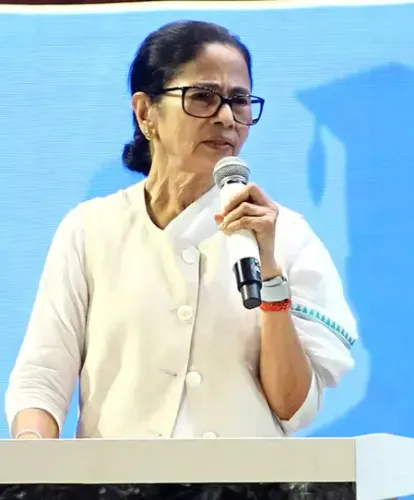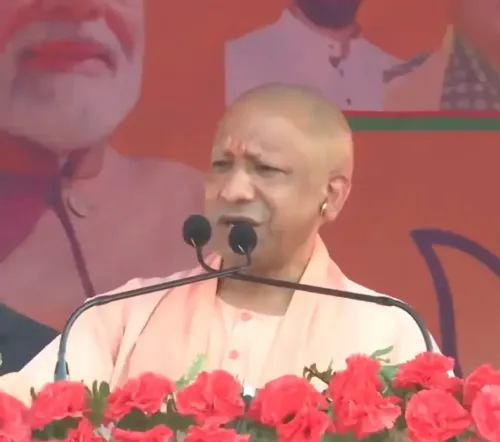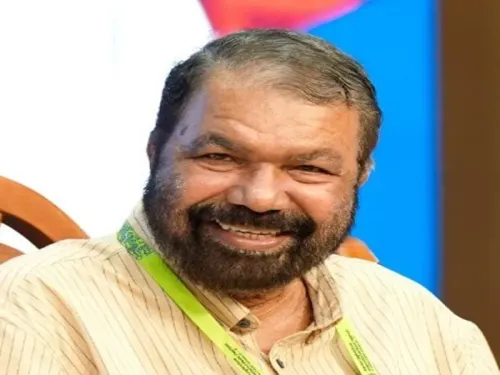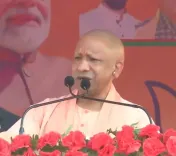Is Pakistan a Rogue and Nuisance State? Security Experts Stress the Importance of Mock Drills for Civilians
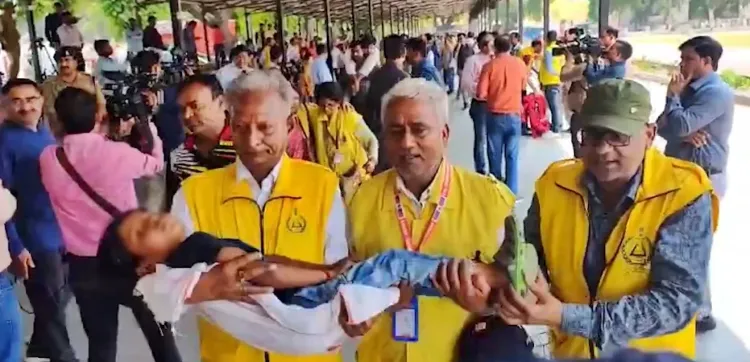
Synopsis
Key Takeaways
- Preparedness is crucial for civilian safety during emergencies.
- Mock drills enhance coordination between civil authorities and volunteers.
- Civilians must be trained on how to respond effectively to crises.
- Personal responsibility is emphasized in ensuring survival during emergencies.
- These drills serve as a strong message to adversaries about India's readiness.
New Delhi, May 6 (NationPress) As India gears up for a nationwide mock civil defence exercise on May 7 across 244 locations, in light of escalating tensions with Pakistan following the heinous Pahalgam terror attack, security specialists have highlighted the critical need for preparedness in face of potential panic and conflict.
This exercise will replicate wartime scenarios including air raid sirens, blackouts, and emergency response protocols, marking the first comprehensive preparedness initiative since the 1971 Indo-Pak war.
The Home Ministry has mandated this drill as part of a larger plan to bolster India's civil defence framework. The objective is to enhance collaboration among civil authorities, security personnel, volunteers, and civilians during a hostile assault.
Mock drills will reach the village level, involving active participation from civil defence wardens, Home Guards, NCC, NSS, NYKS, students, and various community volunteers.
In discussions with IANS, numerous senior defence and security officials supported the initiative, emphasizing its relevance and strategic importance.
Lt Gen Arun Kumar Sahni (Retd.), former General Officer Commanding-in-Chief, praised the government's initiative: “I applaud the mock drills set for May 7. This is a meticulously planned strategy. Since April 22, decisive measures have been undertaken under Prime Minister Narendra Modi’s guidance, which includes economic sanctions and authorizing the military to select targets and timing. PM Modi is determined to deliver a robust response to Pakistan, despite the uncertainty of their reaction.”
He reiterated the significance of mock drills in safeguarding the populace.
“These drills communicate to Pakistan that India is ready. Civilians need to understand how to respond during air raids — switching off lights, moving to shelters, and preparing essential supplies. Preparedness mitigates panic and enhances safety,” he stated.
Lt Gen Sanjay Kulkarni (Retd) shared a similar perspective, asserting: “It is vital to be ready for possible emergencies, including attacks. Prevention is the best defense. Citizens should be instructed to halt traffic, seek shelter, and turn off lights at night.”
“In the unfortunate event of an attack, individuals must learn to take refuge in bunkers, provide first aid, and assist the injured. Pakistan continues to be a rogue and nuisance state that promotes terrorism, necessitating our vigilance,” he added.
Major General Yogender Singh, Additional Director General of NCC Maharashtra, remarked, “NCC cadets receive year-round training for such scenarios. Tomorrow’s exercises will be carried out under the supervision of civil administration, as organized by the MHA and higher authorities.”
Brigadier Vijay Sagar (Retd.) cautioned against the possibility of full-scale conflict.
“Tensions have heightened since the April 22 attack. In a conflict, both armed forces and civilians are impacted. Civilians must be informed on how to access bunkers, administer first aid, and evacuate the injured.”
Uttar Pradesh DGP Prashant Kumar confirmed that 19 districts in the state will take part in the May 7 drill, categorized based on sensitivity.
“Civil, police, and emergency services are coordinating as per directives,” he stated.
Former UP Police chief and NDRF advisor O.P. Singh emphasized personal responsibility: “The main goal of civil defence drills is to minimize damage to life and property. Everyone must take control of their survival. Preparedness guarantees a quicker return to normalcy post-crisis.”
He mentioned that drills would be tailored based on proximity to the border and type of threat, with specific preparations for air or missile strikes.
Maharashtra's Director of Civil Defence, Prabhat Kumar, detailed the directorate's role: “We are accountable for training volunteers and ensuring their readiness. Volunteers are being instructed on how to respond under wartime conditions. The focus is on coastal districts, which will be among the first to participate in the May 7 drills.”
“Citizens must prioritize their safety, then assist those nearby. They should know how to provide first aid and transport the injured to hospitals. These drills are essential for mental preparedness and awareness,” he concluded.
Officials stressed that during the drill, civilians should be prepared with first-aid kits, flashlights, candles, and cash in case digital payment systems fail. Citizens will also receive guidance on actions to avoid during blackouts to prevent disclosing their location.
According to the Ministry of Home Affairs, the aim of this nationwide exercise is to evaluate and fortify civil defence structures.
“The drill is structured to educate civilians on how to react to a hostile attack and will involve district controllers and volunteers nationwide,” the ministry stated in a notification.
With increasing security concerns and unprovoked firing along the Line of Control persisting for over 12 days, India's preparedness initiatives are viewed as both a practical response and a strong message.
The last similar drill occurred in the lead-up to the 1971 war, highlighting the seriousness of the current circumstances.

